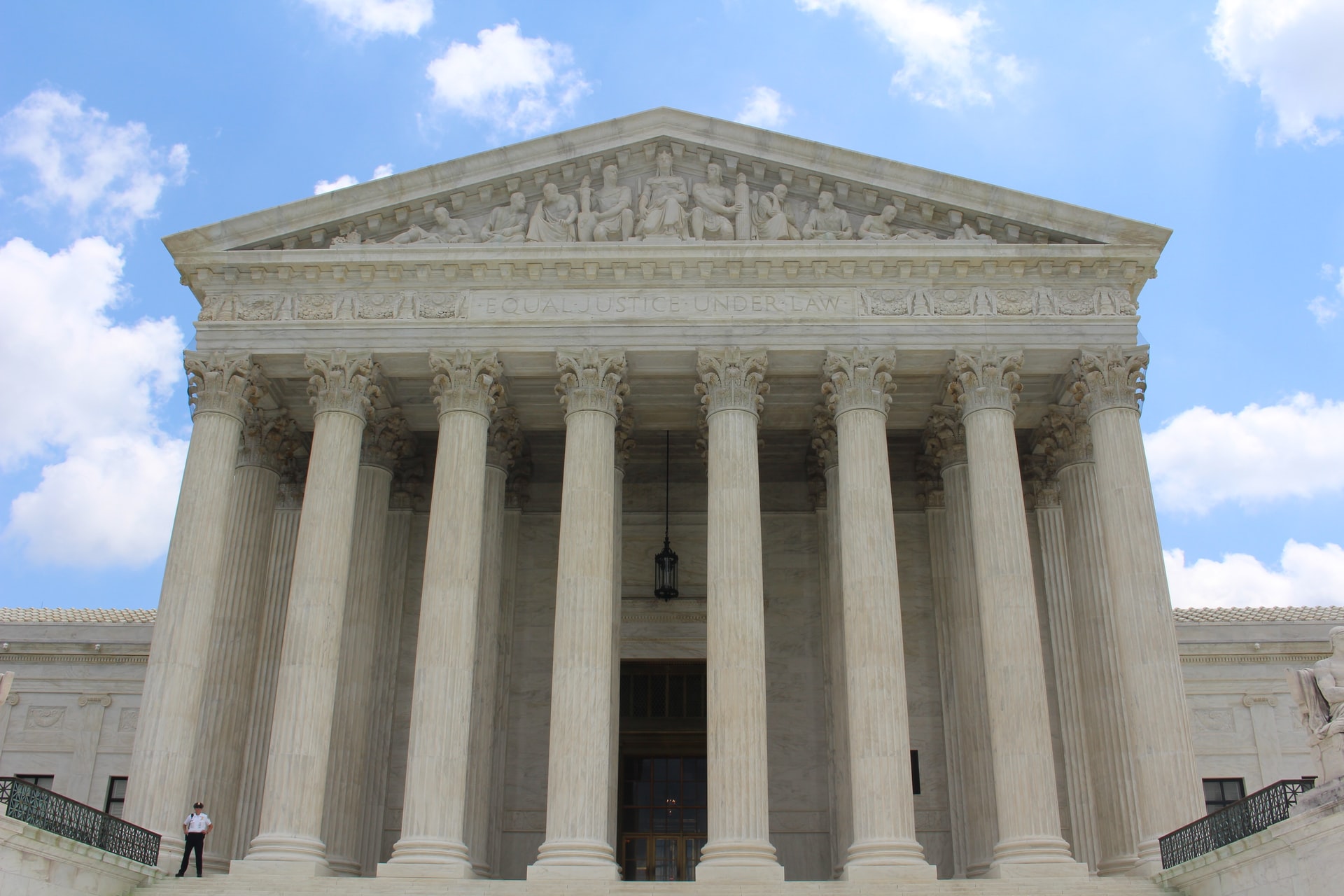Each year amendments are made to the rules that govern how bankruptcy cases are managed — the Federal Rules of Bankruptcy Procedure. The amendments address issues identified by an Advisory Committee made up of federal judges, bankruptcy attorneys, and others. The rule amendments are ultimately adopted by the U.S. Supreme Court and technically subject to Congressional disapproval.
Only A Few Rule Amendments This Year. This year there are only six rule amendments expected to take effect on December 1, 2020, and honestly they are all fairly minor clean-up revisions, with most applying to bankruptcy appeals. Here they are:
- Rule 2002 governing notices to creditors and others has been amended to (1) add cases under chapters 12 and 13 of the Bankruptcy Code to the notice rule about orders confirming plans, (2) conform time periods to those under Rule 3002(c) for filing proofs of claim, and (3) replace “pursuant” with “under” in various places, presumably to make the rules more readable.
- Rule 2004(c) has been amended to add “electronically stored information” to the rule as well as documents since much of what is produced in response to document requests is in electronic form. The rule has also been changed to conform Rule 2004 with current Fed.R.Civ.P. 45 (made applicable in bankruptcy cases by Rule 9016), making clear that a subpoena under Rule 2004 is now properly issued from the court where the bankruptcy case is pending, and can be signed by an attorney authorized to practice in that court, even if the examination is to occur in another district.
- Rule 8012, addressing corporate ownership disclosures in appeals, has been revised to conform to recent amendments to F.R.App.P. 26.1, which now uses the term “corporations” rather than “corporate parties.” It also will cover nongovernmental corporations that seek to intervene on appeal. Disclosure of all debtors in the bankruptcy case is also now required, even if they are not listed in the caption. Finally, a Rule 8012 statement is required to be supplemented whenever the disclosure information changes.
- Rule 8013 has been amended to delete the requirement of a proof of service given the relatively recent change to Rule 8011(d) when an appeal is filed using the court’s electronic filing service.
- Rule 8015 has been revised slightly to reflect the same recent change to Rule 8011(d) and the new amendment to Rule 8012.
- Rule 8021 has been amended as well to drop the proof of service requirement because of the change to Rule 8011(d).
Show Me A Redline. If you’re like me, the best way to see the changes is to go through a redline. Follow the link in this sentence for the complete set of rule changes, including redlines showing the revisions made, as well as the Advisory Committee’s explanations for each amendment. In addition to the amendments discussed above to the Federal Rules of Bankruptcy Procedure (the redline changes start at page 30 of the linked document), you will also get copies of the amendments to the Federal Rules of Appellate Procedure and the change to Federal Rule of Civil Procedure 30(b)(6), which will now require a meet and confer to discuss the matters for examination.
December Is Almost Here. These rule amendments are slated to take effect on December 1, 2020, literally around the corner, so read through them to be ready when they do.
Photo by Claire Anderson on Unsplash


